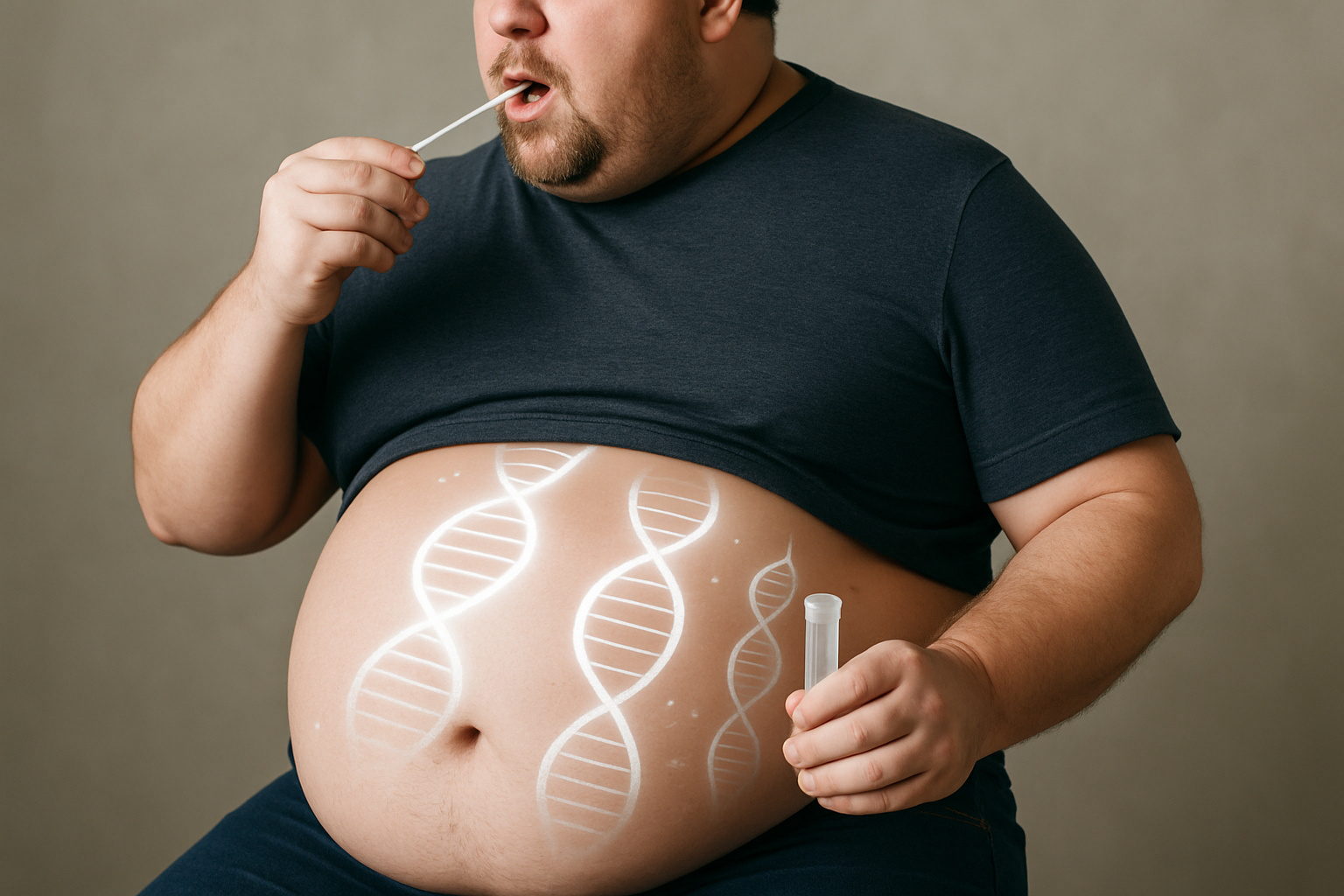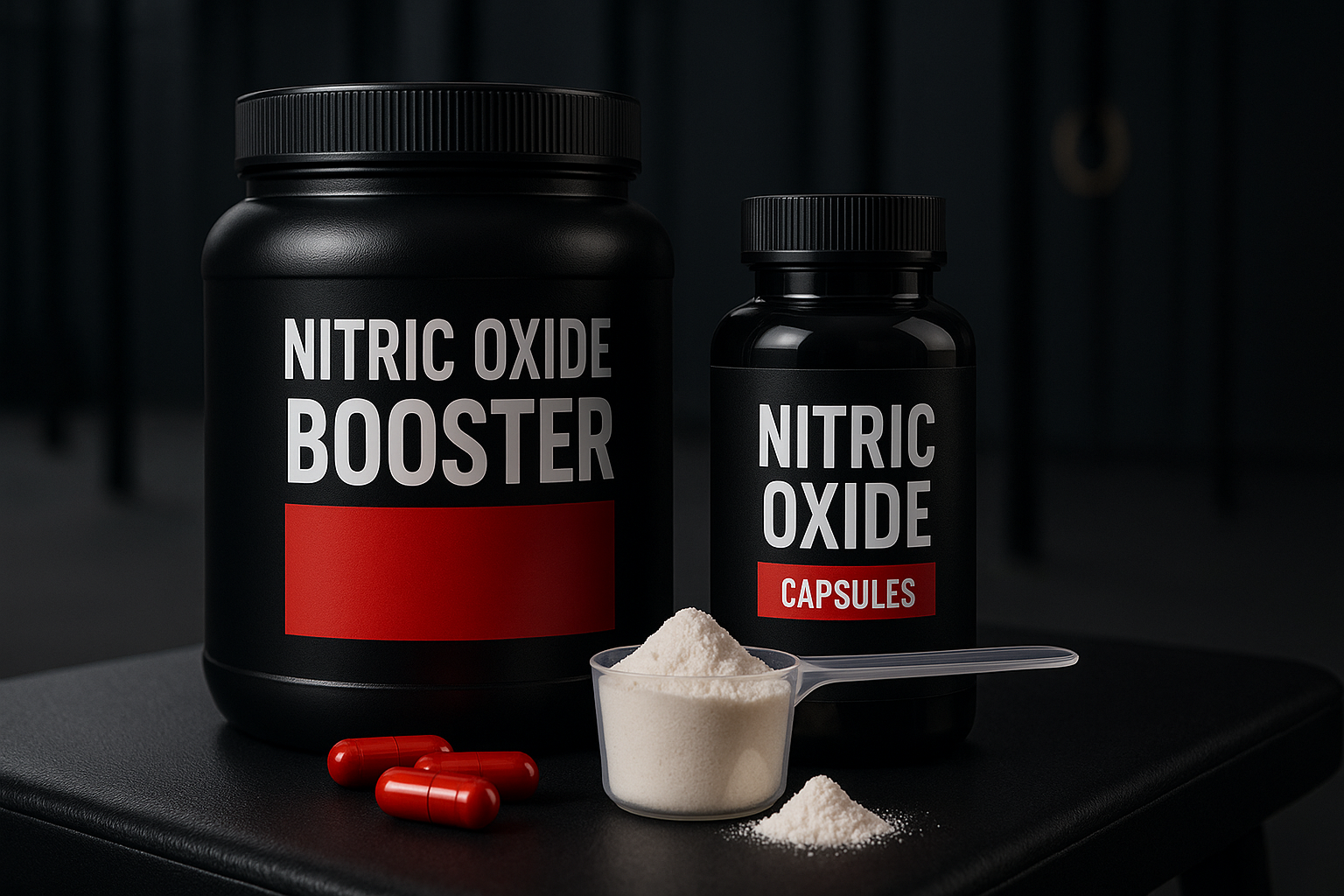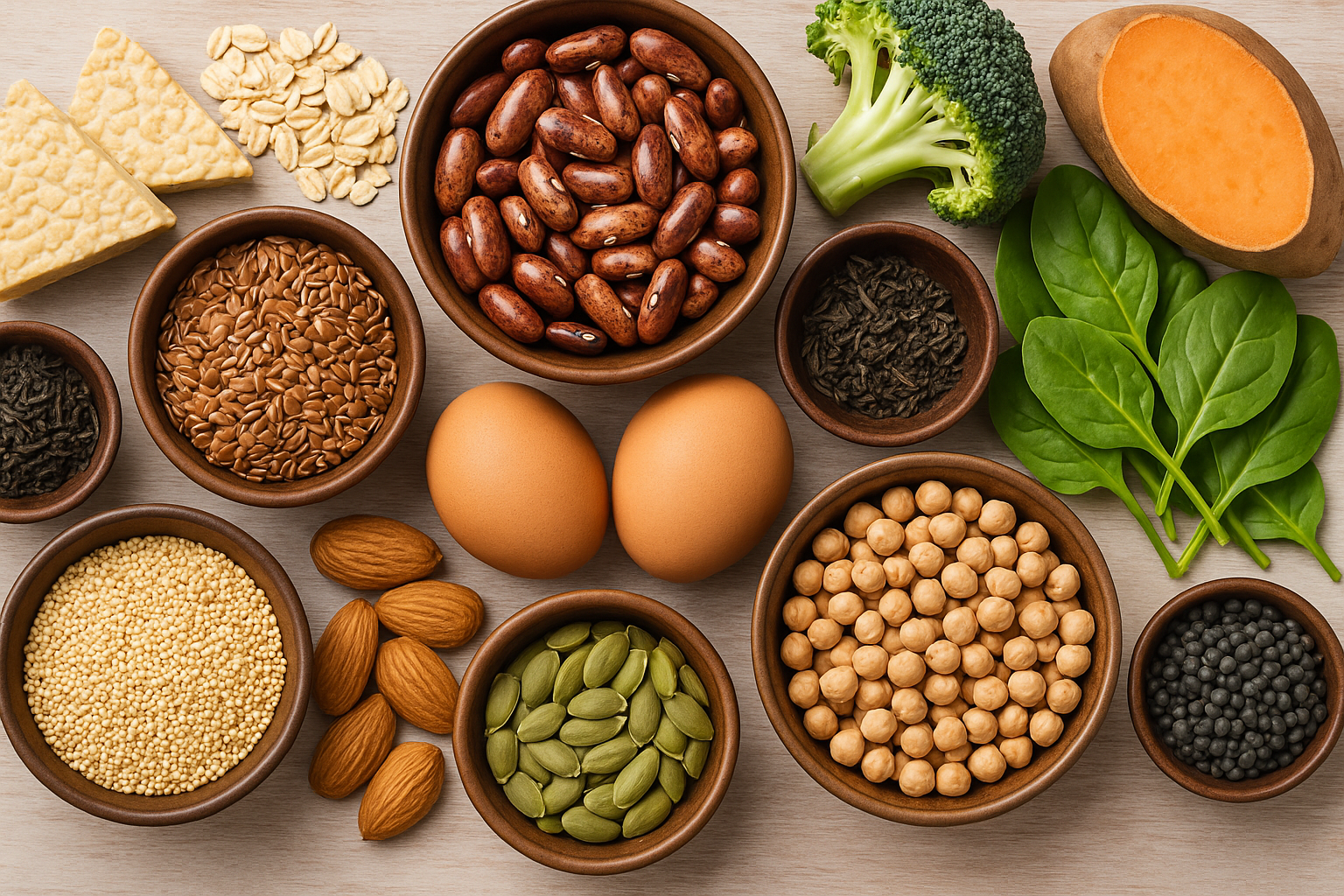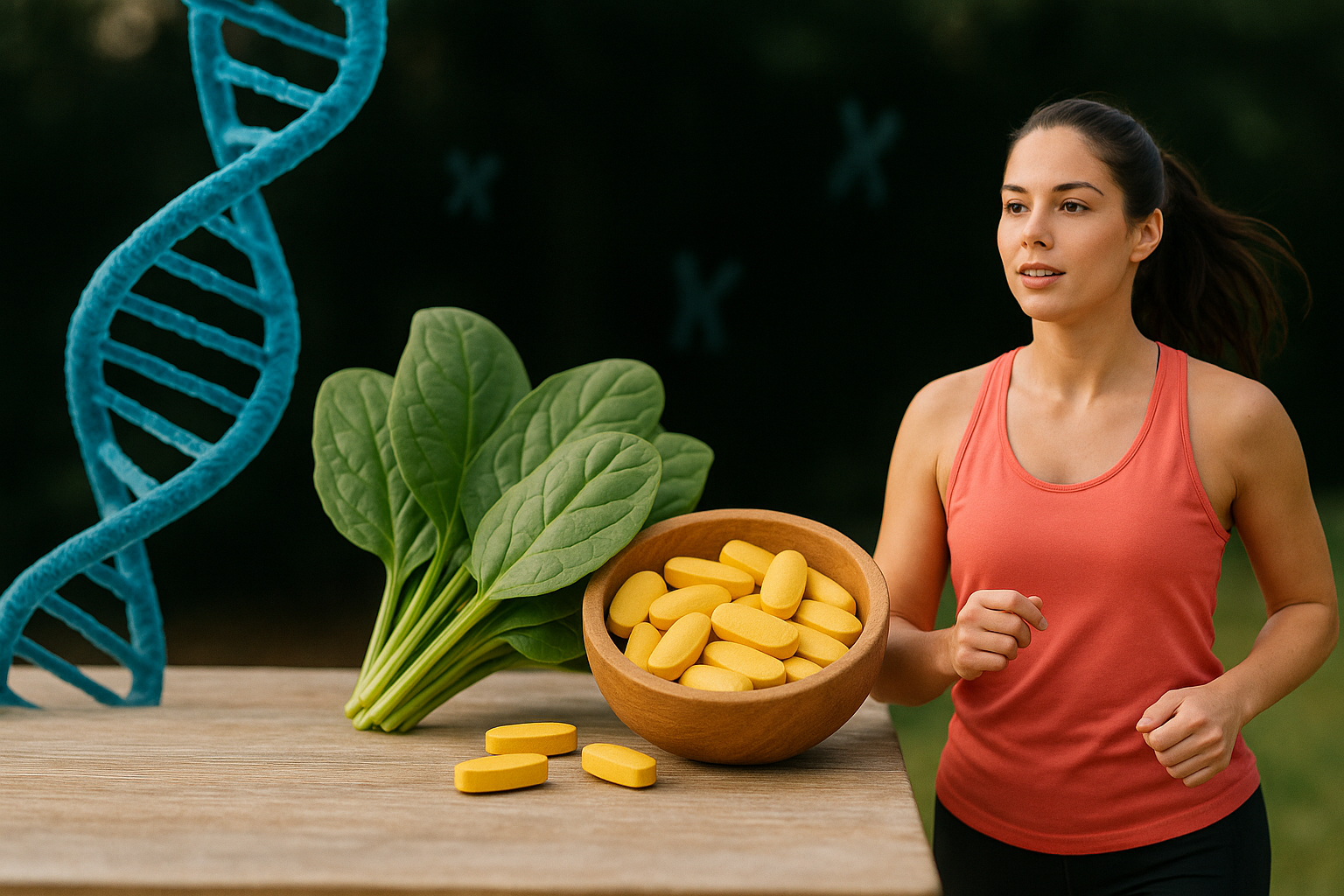Hypertension, or high blood pressure, is a common condition that significantly increases the risk of heart disease and stroke. With dietary choices playing a crucial role in managing blood pressure levels, understanding which foods can aid in reducing hypertension is more important than ever. This guide offers a comprehensive look at how dietary adjustments can help control and potentially lower high blood pressure.
Understanding Hypertension and Its Impacts
Hypertension occurs when the force of the blood against the artery walls is too high, which can lead to health complications if not managed properly. Diet plays a pivotal role in either exacerbating or alleviating this condition. By incorporating foods that naturally lower blood pressure and avoiding those that can cause an increase, individuals can significantly impact their overall health.
Key Dietary Strategies to Reduce Hypertension:
- Reducing Sodium Intake:
- Why It Helps: Sodium can increase blood pressure by holding excess fluid in the body, putting extra burden on the heart.
- How to Implement: Choose low-sodium alternatives, read labels carefully, and limit processed foods, which are typically high in sodium.
- Increasing Potassium Intake:
- Benefits: Potassium helps balance the amount of sodium in your cells, and not getting enough potassium can lead to high blood pressure.
- Food Sources: Bananas, potatoes, tomatoes, leafy greens, and oranges.
- Incorporating Healthy Fats:
- Types of Fats: Focus on omega-3 fatty acids found in fish like salmon and flaxseeds, which have been shown to reduce blood pressure.
- Avoid: Trans fats and saturated fats which can worsen hypertension.
- Adding More Fiber to Your Diet:
- Impact: High-fiber foods like fruits, vegetables, and whole grains can help lower blood pressure by improving heart health and promoting weight management.
- Limiting Alcohol and Caffeine:
- Moderation is Key: Both substances can temporarily raise blood pressure; moderation helps mitigate this effect.
Foods Specifically Beneficial for Hypertension
Incorporating specific foods into your diet can be a practical approach to reducing high blood pressure. Here are some top choices:
- Leafy Greens: Rich in potassium, helping kidneys get rid of more sodium through your urine, which in turn lowers your blood pressure.
- Berries: Particularly blueberries, are rich in natural compounds called flavonoids. One study found that these compounds could prevent hypertension.
- Whole Grains: These grains are high in fiber, which can help lower your blood pressure by improving heart health and promoting weight management.
- Omega-3 Fatty Acids: Fish like mackerel and salmon are high in omega-3 fatty acids, which have significant anti-inflammatory effects and can help reduce blood pressure.
- Nuts and Seeds: These are good sources of magnesium and potassium, which are crucial for blood pressure regulation.
- Garlic: Allicin, found in garlic, has been found to contribute to the vasodilating and blood pressure-lowering effects.
- Beets: Beets and beetroot juice have been shown to reduce blood pressure due to their high content of nitrates, which improve vascular function.
Impact of Weight Loss on Hypertension
- Blood Pressure Reduction: Losing even a small amount of weight can help reduce your blood pressure. Generally, you can expect about a 1 mm Hg (millimeter of mercury) decrease in blood pressure for every kilogram (about 2.2 pounds) of weight you lose.
- Improved Heart Health: Weight loss decreases the workload on your heart. Less body mass means less effort for your heart to pump blood, reducing arterial pressure.
- Enhanced Effectiveness of Blood Pressure Medications: Weight loss often improves the effectiveness of hypertension medications, potentially allowing for lower doses or fewer medications.
External Resources for Further Reading
- American Heart Association on managing high blood pressure through dietary changes.
- Mayo Clinic detailed guide on foods for lowering blood pressure.
Conclusion: Taking Action Against Hypertension
Hypertension is a manageable condition with the right dietary strategies. By focusing on nutrient-dense, low-sodium, and high-potassium foods, you can significantly reduce your risk of long-term health issues. Remember, making small changes to your diet can lead to substantial improvements in your health.
Ready to Transform Your Health?
If you’re looking to delve deeper into managing your hypertension through diet, consider enrolling in our coaching programs at Empowerise. Our health experts are dedicated to helping you achieve your health goals with personalized advice and actionable plans. Join us today and take the first step towards a healthier life!
Implementing these dietary tips consistently will not only help manage hypertension but also contribute to a healthier lifestyle overall. Start today, and remember, it’s about progress, not perfection.






